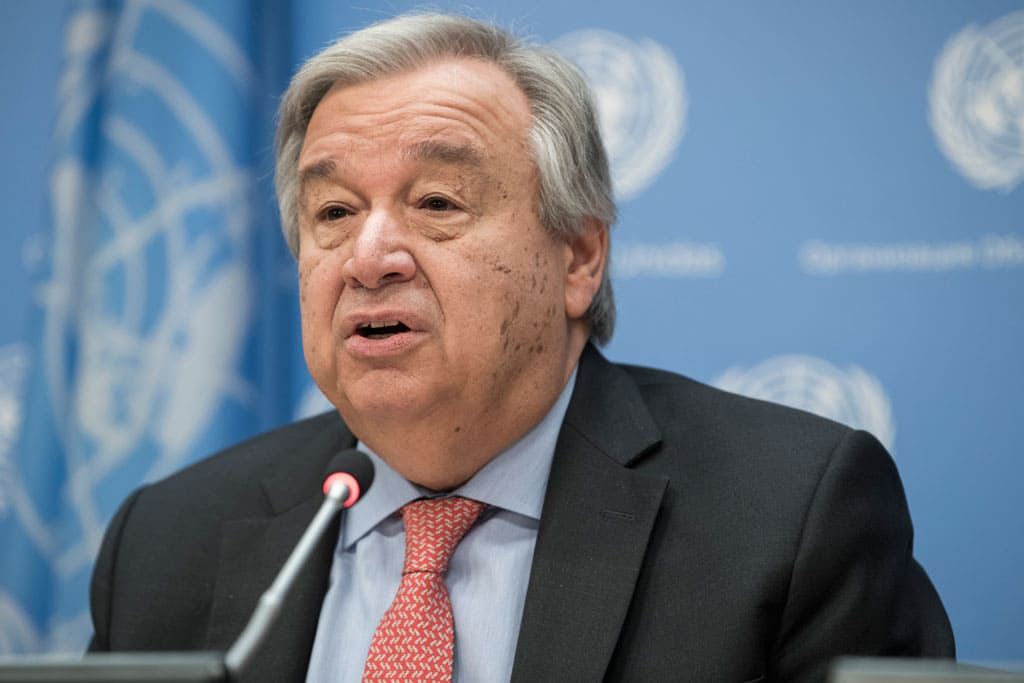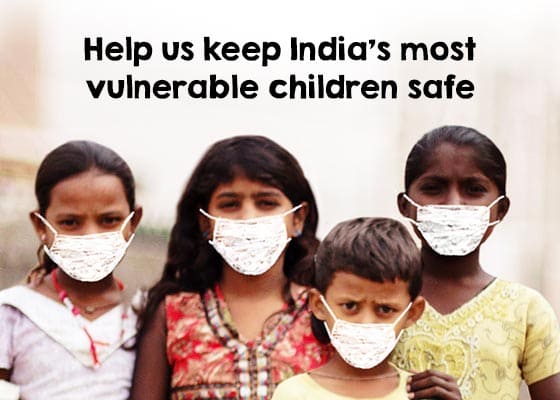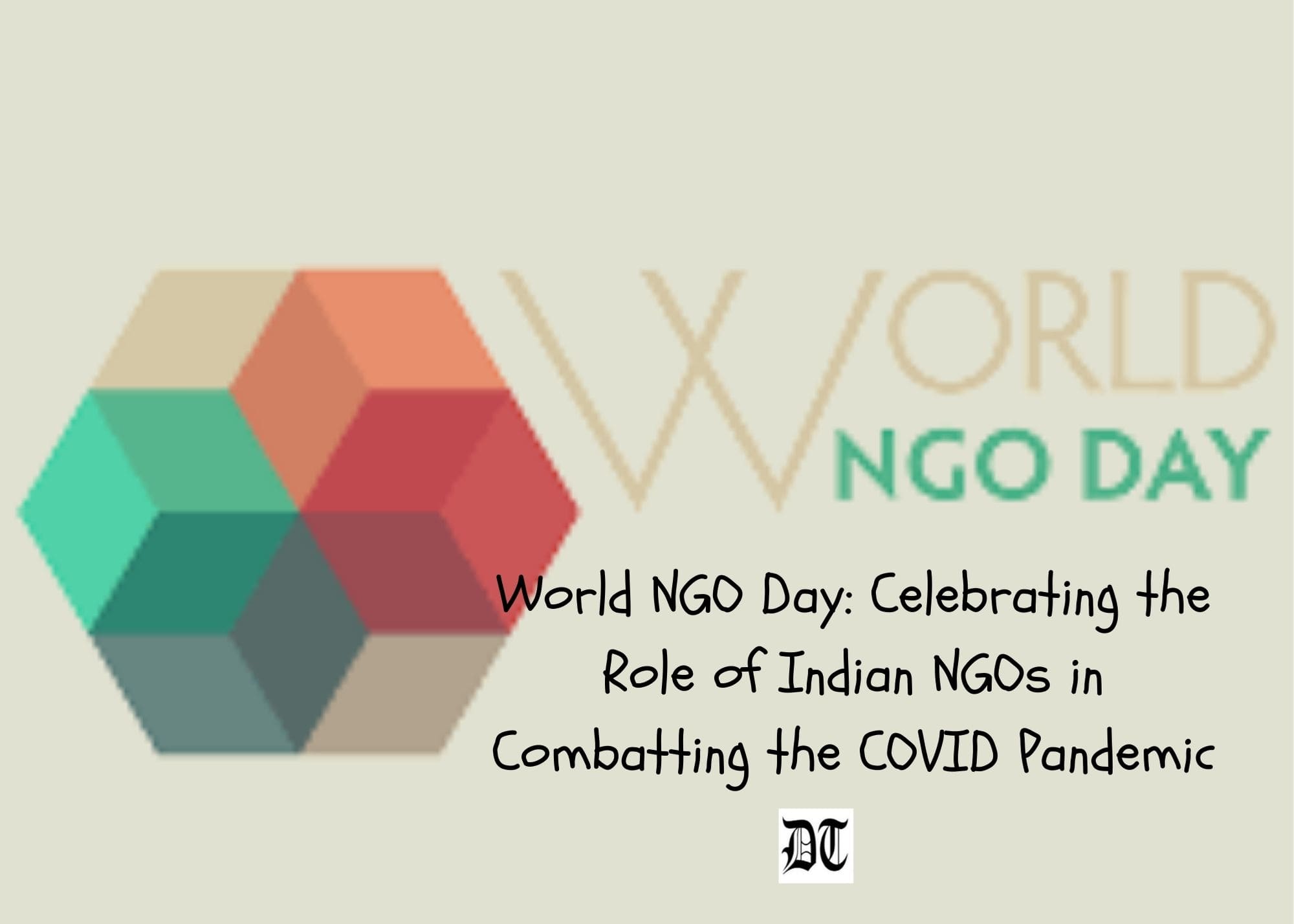As the world celebrated the World NGO Day on February 27, it is time to take a note of the huge efforts put forth by the non-profit organisations in battling the monster virus. A report for Different Truths.
In the very first week India entered COVID lockdown in March 2020, Narendra Modi, the Honourable Prime Minister called on the NGOs to help the government during the lockdown by providing basic necessities to the underprivileged, supplying medical and protective gear, and assisting with awareness campaigns on social distancing. This was followed by NITI Aayog reaching out to over 90,000 NGOs, and civil society organisations (CSOs) in the first week of May, seeking their assistance in delivering services to the poor and the health and community workers to combat the pandemic, stated a media release of CRY.
…the Supreme Court of India applauded the contribution and the role played by Non-Governmental Organisations for coming forward to help the migrant workers…
On a similar note, the Supreme Court of India applauded the contribution and the role played by Non-Governmental Organisations for coming forward to help the migrant workers by providing food, water, and transport during the difficult time.
India, with its second largest population in the world, responded to COVID-19 pandemic with all its might. From imposing strategic lockdown measures and stringent travel guidelines to implementing mandatory quarantine procedures, ensuring emergency health services for the infected, and encouraging robust vaccination programmes – the Government has been leaving no stones unturned to battle the crisis and minimise its impact on the citizens. Also, coming to the relief of the marginalised, daily wage labourers and migrant workers, who are reportedly most hit by the situation, the government tried its best to distribute relief packages and open shelter homes.
However, as the development experts believe that it is crucial to understand that it was not possible for the Government alone to holistically address the situation – develop, implement, and ensure that the measures reach the needy, last mile people. To add to its reach and resources, the government needed the civil society, non-government, and community organisations to spearhead its initiatives with their extensive reach and large volunteer-base embedded in the community, as rightly observed by the Honourable Prime Minister of India.
António Guterres, the Secretary-General of the United Nations, has also praised the civil society and grassroots organisations for having a fundamental role to play in fighting the COVID-19 at local levels…

António Guterres, the Secretary General of the United Nations, has also praised the civil society and grassroots organisations for having a fundamental role to play in fighting the COVID-19 at local levels, as he highlighted the same in the recently launched ‘Report on the socio-economic impact of COVID-19’. According to him, NGOs bring economic and livelihood opportunities, and can adapt responses to the community context.
‘Impact of COVID-19 on India’s non-profit organisations[1]’, a snapshot report released by the Centre for Social Impact and Philanthropy (CSIP), Ashoka University in June 2020, revealed that “three-fourths of the interviewed NPOs were actively engaged in ongoing relief work, using their embedded presence in communities as a particular strength. This work ranged from last-mile delivery of relief material such as dry ration and sanitation kits, community awareness and sensitisation, setting up health camps and isolation facilities, rescuing stranded labour, provision of direct cash transfers, to offering rehabilitation of the distressed communities.”
“In a country like India, the voluntary sector bridges the gap between the government and the population of the country….”
Voluntary Action Network India (VANI) in their recently published ‘Study Report on National Policy on Voluntary Sector’ has observed that, “In a country like India, the voluntary sector bridges the gap between the government and the population of the country. It identifies the needs of the community and provides its support and services, even in the most untouched and marginalized areas, where the government is not able to reach.”
Saluting the humongous efforts put by the civil society organisations including NGOs to support communities in weathering the crisis, Puja Marwaha, CEO, Child Rights and You (CRY) said, “This World NGO Day, with all humility, we celebrate achievements of the flag-bearers of sustainable development and social change. The gritty efforts of the CSOs and NGOs become even more significant, if we keep in mind the fact that they themselves have been reeling under a huge economic stress impacted by the pandemic.”
“…Therefore, during the lockdown period, CRY’s efforts, along with its partner NGOs, have been concentrated on reaching all households as far as possible…”
“In the wake of this deadly pandemic and the lockdown induced by it, our first thoughts were about how to reach out to our children and their communities. Topmost in our minds were the remotest regions of our operational areas and urban slums, their survival, safety, and their health. Therefore, during the lockdown period, CRY’s efforts, along with its partner NGOs, have been concentrated on reaching all households as far as possible, with basic health and hygiene kits for the children and their families,” Puja added.

She said, “We also focused on our awareness generation and advocacy programmes with our target communities and local government bodies, primarily through occasional home visits and mainly through phone calls and messages, in keeping with the social distancing protocols.”
CRY has been spreading awareness, distributing relief materials, and advocating for the access and availability of services to the communities and children.
CRY has been spreading awareness, distributing relief materials, and advocating for the access and availability of services to the communities and children. The awareness building programmes covered topics like social distancing, best practices related to public health and hygiene and behaviour change, sanitization, use of face masks, following government guidelines during the lockdown period and ways to protect people from community spreading of the epidemic. As part of the awareness programme, children created posters, wall paintings and short videos on hand washing, social distancing and wearing masks.
There is no doubt that the grit and resilience shown by the civil society crusaders against COVID-19 is paramount. Though we are yet to see the end of the pandemic, it is key that the civil society organisations collaborate with the government in a constructive and meaningful way to build back better and enhance India’s preparedness to face any threat on the development of its society and people.
[1] The Impact of COVID-19 on India’s Nonprofit Organisations: A Snapshot Report: How are NPOs dealing with the coronavirus crisis and what do funders need to know? Published June 2020, https://csip.ashoka.edu.in/research-and-knowledge/
Visuals sourced from CRY, the internet and by Different Truths





 By
By
 By
By
 By
By